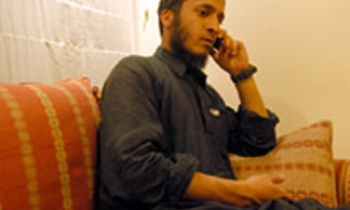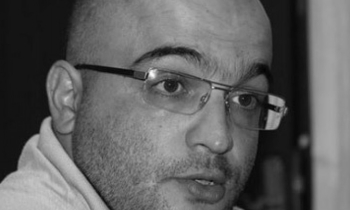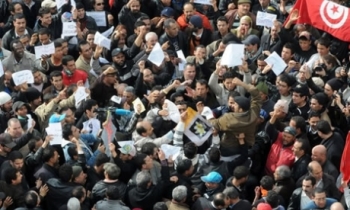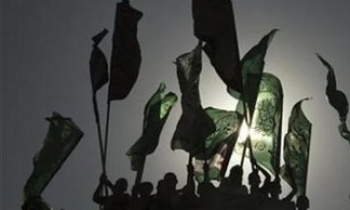The World Association of Newspapers (WAN) has welcomed a last-minute agreement between an international coalition of news media and the International Rugby Board (IRB), and has called on sports events organisers to respect the rights of news organisations to freely cover sports and to eliminate all restrictions on legitimate press coverage.

After months of a contentious dispute in which rugby officials refused to eliminate restrictions on press coverage — primarily limiting what newspapers and others could publish on websites and interference in how photos could appear in print — IRB reversed itself in the face of widespread opposition, including a threat of a media boycott of the Rugby World Cup, IRB’s premier event now taking place in France.
The positive outcome for the media coalition, however, does not solve the ongoing problem of sports organisers imposing restrictions on coverage, WAN said. Organisers say the restrictions are necessary to protect the licence holders who are given exclusive rights to broadcast sports events. But the restrictions are often unnecessary and interfere with traditional news coverage and the right of news organisations to inform the public.
The 40-member media coalition, which includes WAN, was formed to defend and protect the rights of publishers and to find a balance with the needs of sports organisers and their partners.
"The News Media Coalition remains wholly united in its commitment to ensure that the freedom of the press and the editorial integrity of news organisations is upheld and respected," the coalition said in a statement. The restrictions imposed by sports organisers on news media are contained in terms and conditions that journalists and photographers are compelled to sign to gain admission to sports events.
IRB changed the terms and conditions after intervention by the media coalition, which included a boycott of pre-match events by the global news agencies and others, including leading newspaper groups and the French sports daily L’Equipe, and notably:
- Withdrew the condition that media organisations get permission from rugby officials before sales of photographs could be made to the public.
- Withdrew the condition that rugby organisers would have the right to use any photograph taken at the tournament for non-commercial, promotional purposes (a clear violation of copyright).
- Withdrew the condition that did not allow overlay of headlines and text on photographs — a condition that was seen as interfering in editorial freedom as many newspapers commonly place text on photographs.
- Accepted an appeal process by which news media could challenge expulsion of journalists for alleged breaches of the terms and conditions.
- Confirmed that mobile users can access text and photos on websites using their handsets and that sports text alerts can be sent to the handsets during matches.
- Agreed to the proposal put forward by the News Media Coalition that all media organisations will adhere to a 200 photograph per match limit for websites during matches of the 2007 World Cup. The coalition made the proposal as a goodwill gesture solely for the current World Cup and believes sports organisations need not impose limits in the future. The IRB had originally proposed only 14 photos during the matches. There are no limits when games end.
- Clarified that nothing in the terms and conditions is meant to restrict or prevent normal journalistic activities including expressions of comment.
- Increased the amount of audio-visual materials that can be posted from news events at official venues on non-match days (from training sessions and press conferences) from 3 minutes to 5 minutes daily. Again, the coalition accepted the measure as a goodwill gesture. Though the increase is substantial, the coalition does not believe it is a long-term solution.
- Agreed to establish a dialogue with media organisation on media accreditation terms and conditions for future tournaments. The first meeting is expected to take place within two weeks of the end of the World Cup.
Many of the changes were agreed during a meeting between the two sides at IRB’s Dublin headquarters in August. But the crucial issues of copyright, the number of photos that could be published and audio-visual content were not resolved until a pre-event press boycott was imposed by major media, including major news agencies and newspapers.
Sponsors of the World Cup and teams, including Adidas and Visa, were reportedly furious over the lack of press attendance at pre-game press conferences and other events.









